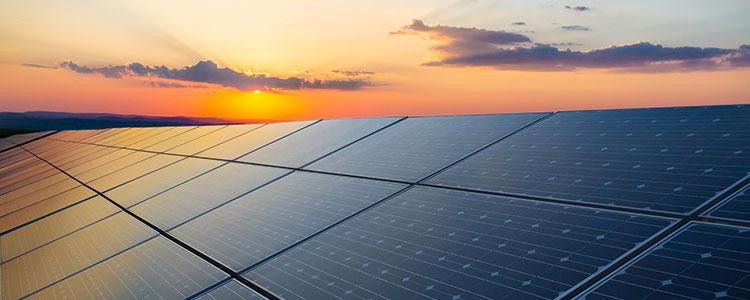The lifespan of solar panels can vary depending on the type of panels, the quality of materials used, and the conditions in which they are installed. However, most solar panels are designed to last for several decades. Here are some general guidelines:
- Warranty Periods: Many solar panels come with a warranty that guarantees their performance for a certain number of years. Standard warranties often range from 10 to 25 years. During this period, the manufacturer typically guarantees that the panels will maintain a certain level of efficiency (usually around 80-90% of their original efficiency).
- Longevity: While warranties provide an idea of the minimum expected lifespan, solar panels can often continue to produce electricity well beyond their warranty period. High-quality panels installed in suitable conditions can last 25 years or more.
- Types of Solar Panels: Different types of solar panels have different lifespans. Monocrystalline and polycrystalline solar panels are among the most common types and are known for their durability. Thin-film solar panels, while less common, may have a shorter lifespan.
- Environmental Factors: The environment in which solar panels are installed can affect their lifespan. Factors such as temperature, humidity, and exposure to extreme weather conditions can impact their performance over time. Regular maintenance and cleaning can help extend their lifespan.
- Technological Advances: As solar technology continues to advance, newer panels may be more efficient and durable than older models. However, even older panels can continue to produce electricity effectively for many years.
It’s important to note that while the efficiency of solar panels may decrease slightly over time, it is a gradual process. Regular maintenance, monitoring, and adherence to manufacturer guidelines can help ensure that solar panels operate efficiently throughout their lifespan. Additionally, advancements in recycling technologies are making it increasingly feasible to recycle and reuse materials from retired solar panels, further contributing to the sustainability of solar energy systems.


Recent Comments